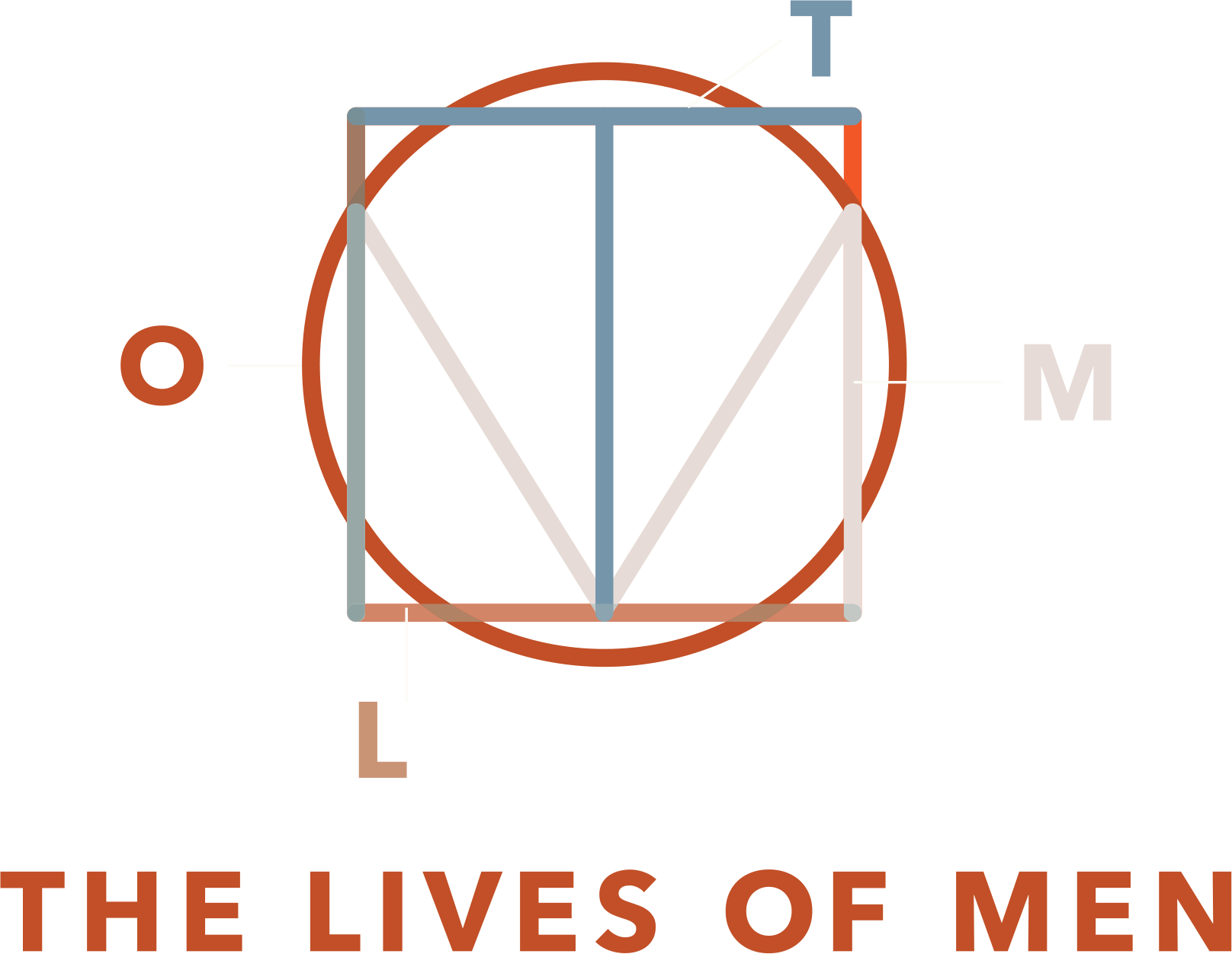From Boys to Men, A Look At Socialized Masculinity
Cycle of Socialization: How does it start?
Alright y'all, lets get real.
From when I was a little boy growing up, I could remember being told what toys I should play with, how I should show up as a “man,” and that if I wanted a girl’s attention I should pick on her.
I remember being called gay in elementary school because I didn’t want to play kickball with the boys and instead wanted to play hopscotch with the girls. What I didn’t know then is that our society plays a huge role in molding us into the men we are today.
Much later in my life, while in graduate school, I came across a model that helped me to conceptualize what this all means. One night, in a discussion, we were talking about gender norms when it finally just clicked. This molding of men starts at such an early point in our lives.
Harro’s cycle of socialization [1] tells us that from the moment we are born, society is already placing expectations and labels on us based on our sex. If you’re born a boy for example, you get the blue blanket. You are then taught how you should act as a little boy by your immediate family.
Institutions and culture then reinforce traditional gender norms via the media, schools, and even business. From grade school all the way through college, I was told to be assertive, to play the tough guy role if I wanted girls to like me, and was shown over and over on television that the the player type was the one with the most friends and romantic partners.
This socialization results in acts of cognitive dissonance, silenced emotions, and even ignorant behavior. In grade school, I knew early on that I didn’t like fighting but I felt forced to in order to prove my masculinity. After every heartbreak I was trained to play it off and just “get over it” by hooking up with the next girl. I felt like I had to act all the time and keep my emotions under wraps; this was my state of internal conflict. I simply wasn’t allowed the space to fully feel.
While I had loving parents that raised me to understand that feeling was and is ok, I was still raised in a society that does not embrace men showing emotions.
How does the cycle unveil itself in adulthood?
Living in our society, many boys grow up to be the macho types. They are usually physically strong but emotionally weak. These are the guys that take up space in the boardroom when a woman has been trying to speak for 30 minutes but hasn’t been provided the space to do so.
These are the same guys that haze their fraternity brothers in order to exert power over them. It’s just “locker room talk,” they say, when talking about grabbing someone by their genitalia. These are the guys we should not aspire to be.
How do we change?
So here’s the deal, whether you just learned something new or you already came into this article with an understanding of toxic masculinity and how it is socialized, we must continue to do better.
It is our duty as awakened men to create a community that embraces masculinity in its new form. We must teach our young men that it is ok to feel. We must make it clear to them that they should be respectful towards womxn.
We are the change agents and in this community, we embrace members of the LGBTQIA community and womxn of all shapes and sizes.
We are the future and, while this cycle of socialization exists, it does not mean that it cannot be dismantled.
For me this has meant a few things. I am now more cognizant about how I take up space as a man. In meetings, I take a step back and make sure there is room for womxn to speak their truth. I now make an active effort to reflect on my own male privilege and what that means in the greater society we live in. I provide space for other men in my life to open up to me so that we may dismantle this preconceived notion that we should not feel.
We are humans. Emotion is innate and we should be able to live our lives authentically. Here’s to living out the new age of men.
To learn more about Michael’s journey, follow his personal blog on Facebook: Reclaiming Your Happiness with Lemus.
Sources:
[1] Harro, B. (2000). The Cycle of Socialization. In M. Adams, W. Blumenfeld, R. Castaneda, H. Hackman, M. Peters, & X. Zuniga (Eds.) Reading for diversity and social justice, pp. 16-21. New York: Routledge.
